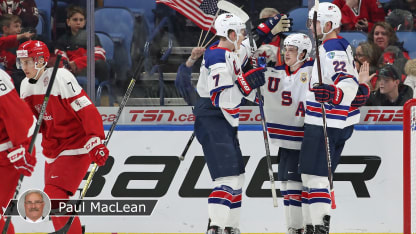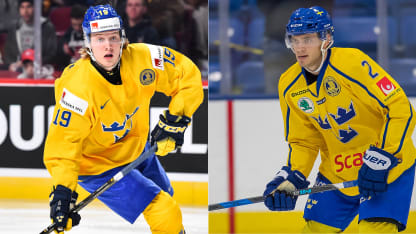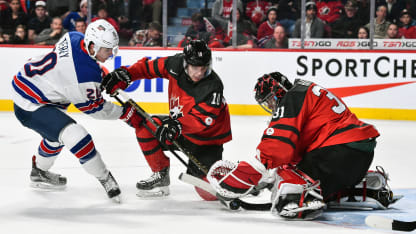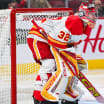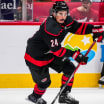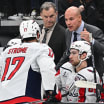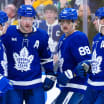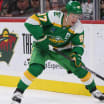Moreover, as a coach, once your players are on their teams, you want to know what their roles are. Are they in a supporting role or a leadership role? Any coach wants his guys in as prominent a role as possible. That's how they develop.
When I was in Ottawa, forward Mika Zibanejad, our first-round pick (No. 6) in the 2011 NHL Draft, scored the gold medal-winning goal in overtime for Sweden in a 1-0 victory against Russia at the 2012 World Juniors. At the 2015 World Juniors, Curtis Lazar, a forward we took in the first round (No. 17) in the 2013 NHL Draft, was the captain for the champion Canadian team. You want your players playing in important situations so that when you get them at the NHL level, they'll have the experience when key situations come up.
One aspect that has changed with the World Junior tournament over the years is the talent pool -- specifically, there are more and more 18-year-old players in the NHL than ever before, leaving less and less of them to play in the event. With the salary cap and the impact that young players have had in the league, it's obviously harder to send them back to do that.
RELATED: [2018 World Junior Championship schedule | 5 things we learned from Day 2 of WJC]
My view on the subject is quite simple. If a player is good enough and ready to play in the NHL, he should be playing in the NHL no matter how old he is. But more often than not, those are exceptional players.
Not every player drafted at 18 is ready to take on the NHL at that age. In those instances, many of the players sent to the World Juniors are making their second appearance in the tournament and are poised to take on more significant roles. As I mentioned earlier, that's what you want.
Then there is the aspect of representing your country on the international stage.
I played for Canada at the 1980 Lake Placid Olympics. Before that time, there were very few opportunities to do it, far fewer than today. There was no Under-17 tournament, there was no Under-18. I think the World Juniors first started in 1978 when I was still playing junior in Hull, Quebec. There weren't the opportunities to play for your country. So when I had the chance in 1980 to play for Canada at the Olympics, it was a huge deal. It was the first time Canada had been back at the Olympics since 1968. For those of us who got the opportunity, it meant so much to do it.
